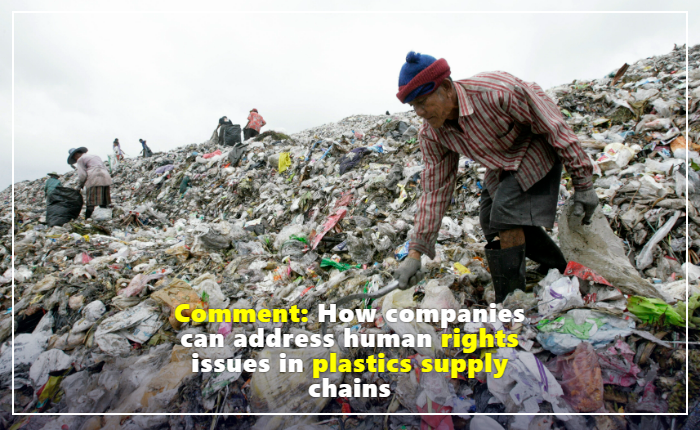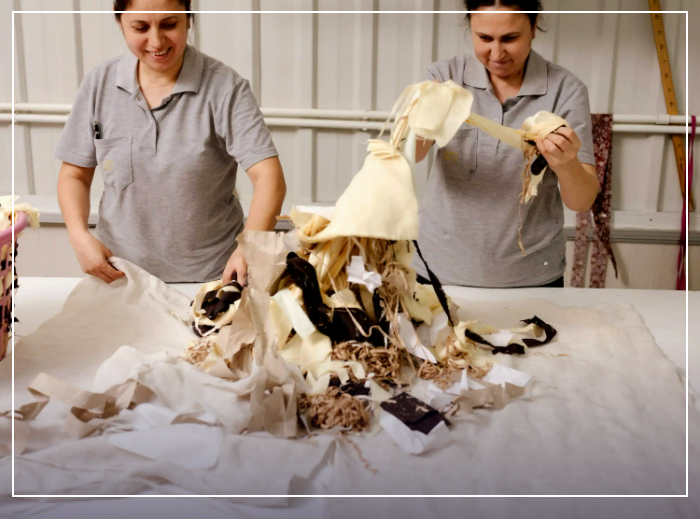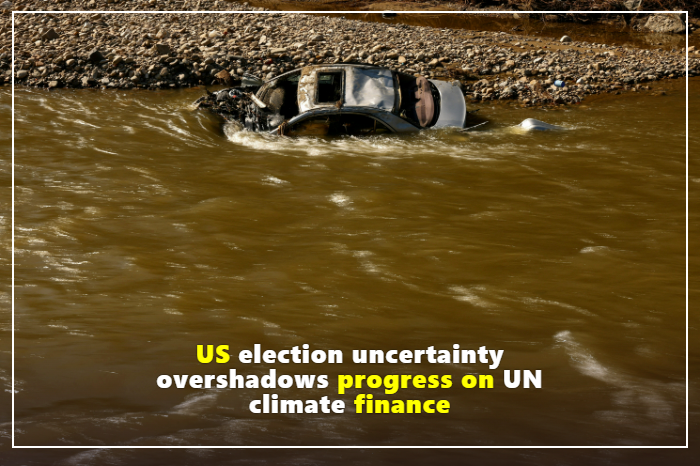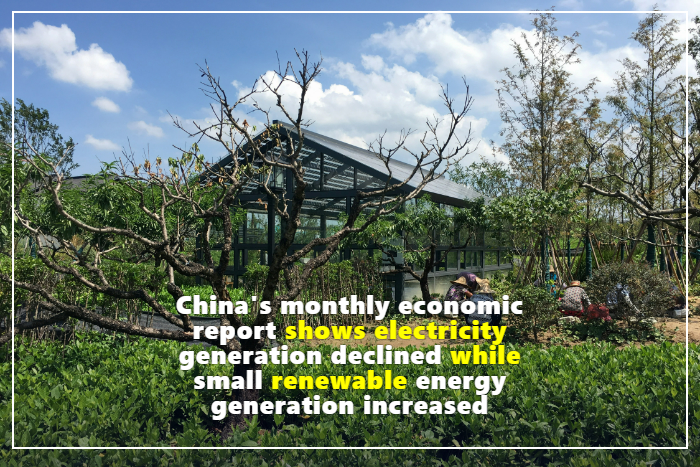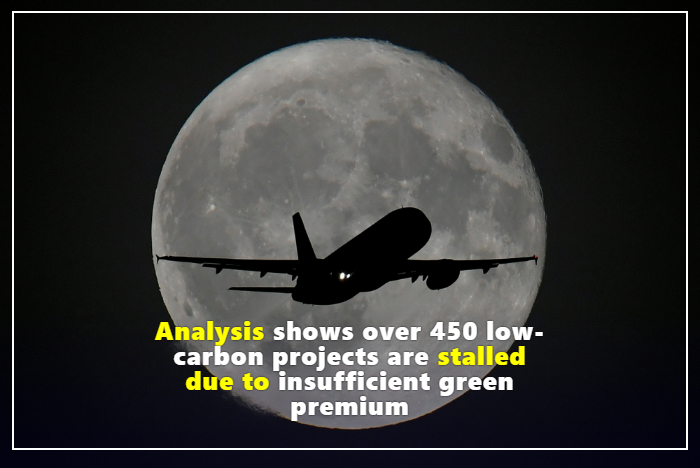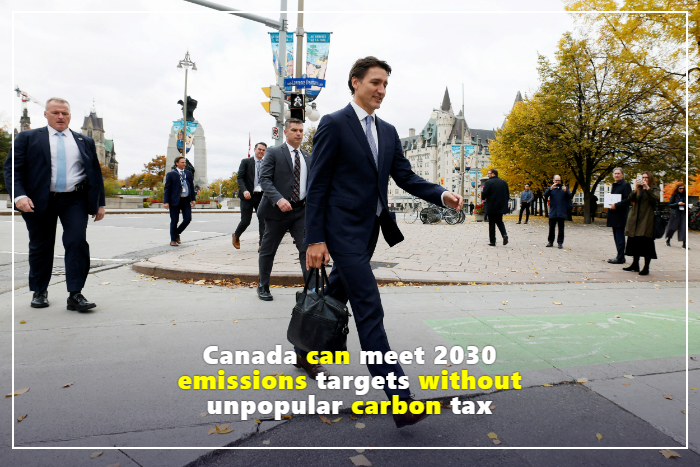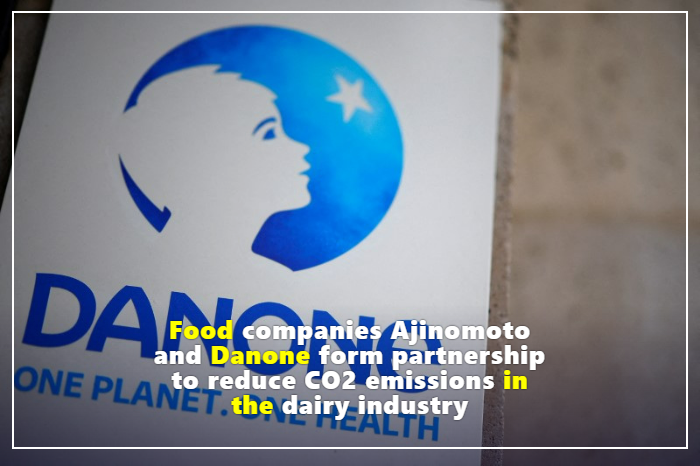4 September – An estimated 20 million people worldwide work in waste management, particularly in countries in the Southern Hemisphere. They make up 60% of the global recycling workforce. In places without adequate official infrastructure – such as garbage collection, recycling centres and waste treatment plants – these informal workers collect reusable material, such as plastic bottles, from street bins, beaches and unmanaged landfills and sell it to recyclers and middlemen.
Despite playing such a vital role in the global recycling system, these workers receive no protection from the risks they face, which include low wages, forced labour, modern slavery, and health risks and safety issues associated with exposure to harmful toxins. Child labour is also common.
The current situation is that the problem of garbage has been ignored and shifted to economically deprived places and the rights of the people have not been given priority.
However, it is completely unacceptable that one of the key sectors of the green transition relies on so many workers without any human rights. As plastic packaging becomes ubiquitous, businesses around the world have a key role to play in changing this and putting people at the centre of change.
For companies looking to eliminate human rights threats in their recycled plastic supply chains, the new Harmonized Responsible Sourcing Framework launched by the NGO Circular Initiative is a good place to start. It provides a clear overview of what socially responsible sourcing of waste plastics looks like, based on the highest standards. This includes working with informal waste collectors, paying attention to their needs, and protecting their rights and livelihoods.
While reducing the administrative burden on businesses, this important new framework also removes any ambiguity around responsible sourcing so that different companies and organisations can adopt a comprehensive approach that focuses on the rights of informal workers. Finally, the United Nations Environment Programme has emphasised that we cannot change our relationship with plastic without plastic.
Additionally, people working on the front lines of the plastic pollution crisis play a vital role in solving this problem. They know exactly where plastic waste comes from, how it spreads, and where it ends up. Therefore, businesses should take a grassroots approach that focuses on them. Companies need to listen to their experiences to understand the real story of what is happening on land and in the ocean.
Our Ocean Plastic Prevention program is a real-life example of what it means to hire informal waste collectors to work in plastic recycling centers. We are building waste plastic collection centers in places that have never had proper recycling infrastructure and some of the coastlines most affected by plastic pollution. We work with local informal waste collectors, focusing on paying them a fair wage and improving their working conditions so that they can collect as many plastic bottles as possible, and we give them a second life.
In practice, it all boils down to listening to the voices of these hard-working micro-entrepreneurs, working together to develop plastic collection action plans, aligning these plans with local geography and culture, supporting our plans with data through research, and collaborating with international organisations, development agencies, and NGOs to come together.
With the global plastics treaty due to be signed later this year , policymakers must consider how to empower these waste workers. For example, their entrepreneurial journeys should be supported by ensuring better transport, pay and working conditions. These measures will also contribute to the sustainable development of the entire community. We need to include them in the conversation.’
Of course, the treaty should include provisions to eliminate plastic wherever possible. However, the best way to tackle the plastic problem that inevitably remains is to take a grassroots approach and focus on the people facing the global plastic crisis. We need to listen to their experiences and ideas and develop an action plan together.
The views expressed are entirely those of the author. They do not reflect the views of Askume News, which is committed to integrity, independence and non-partisanship under the principles of trust. Ethical Business magazine is part of Askume Professional, a division of Thomson Askume and operates independently from Askume News.

